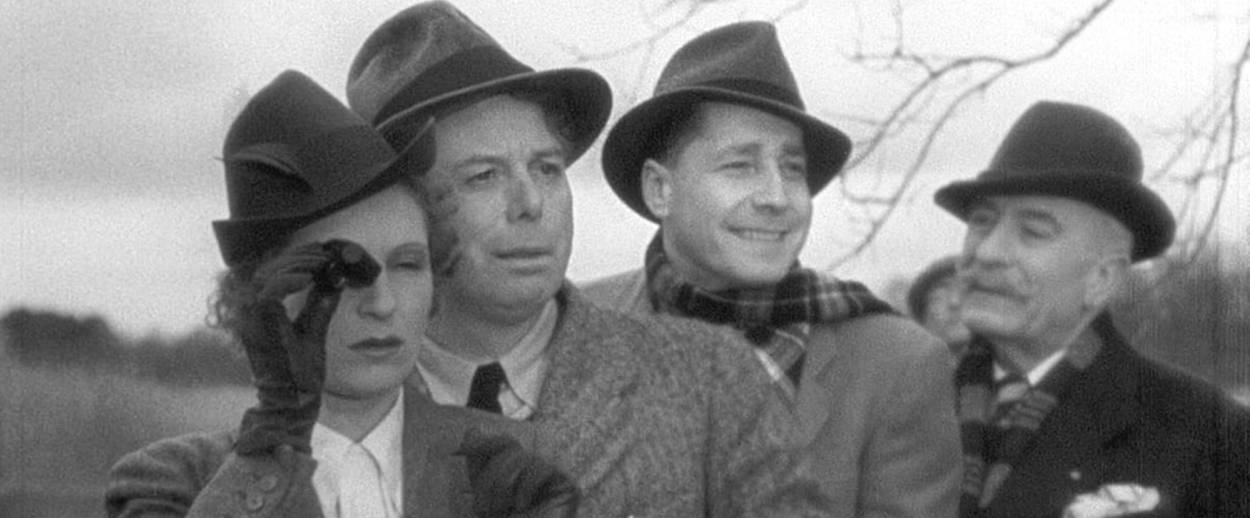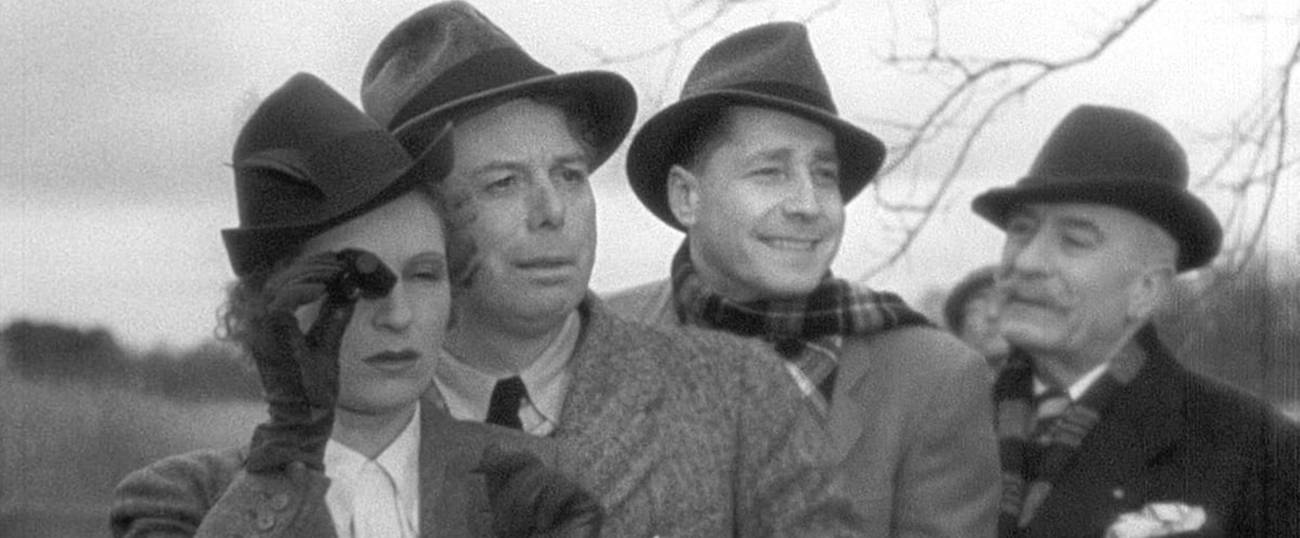What to Watch This Weekend: The Rules of the Game
A commercial flop when it was released, Jean Renoir’s charming, heartbreaking film became a classic portrayal of Europe on the cusp of darkness




Every Friday, our resident film fanatic Alex Aciman will dig deep into the pile of cinematic masterpieces and fish out one forgotten classic you should watch soonest.
On the eve of Hitler’s invasion of France, Jean Renoir released a film that was, at the time, a total commercial failure. It would, however, go on to become a seminal part of the film canon, and a work often considered one of the best movies ever made. The Rules of the Game is a story about the final days of the French aristocracy and, although nobody really knew it at the time, about a France that no longer exists. It is a final glimpse into prewar France.
In typical French fashion, this film is rife with covert love affairs, furtive glances, intimacy, betrayal, and inscrutable fatalism. And, of course, an obsession with other peoples’ spouses. The movie takes place at a country estate, where a Marquis and his wife (the Marquise) have invited guests for the weekend. When everyone arrives, a series of chaotic impulses begin to wreak havoc on this all-too-precious world. Not only does the Marquise’s lover end up getting invited to the estate for the weekend, but so does the Marquis’ friend (played by Renoir himself), who also lusts after the Marquise. And although there are hints of a comedy of errors, The Rules of the Game is really more about deception and desperation with a political disaster looming in the background.
In so many ways, however, this film exists beyond the constraint of plot. You do not watch this film for suspense or drama. Instead you fall into a kind of trance—you become enchanted by just how much poetry can be crammed into so little time, and for that matter, you wonder how it is that such a long movie has managed to fly by so quickly. How is it midnight already? It’s hard to know exactly what makes this film so artful; but you can sense the hands of a skilled metteur en scene arranging each word and each scene so expertly that the final product awakens the most noble, most human part of yourself.
In the film’s final scene, a tragedy occurs and the Marquis corrals all of his guests to inform them of the terrible accident before telling them that it is cold, and that everyone ought to go inside. This plain, ordinary speech is delivered with such a moving, wistful grace that you can feel in each word the presence of the Nazis breathing down the Marquis’ neck. You get the sense that the Marquis isn’t simply delivering instructions, but is instead speaking a kind of philosophy, some sort of regretful incantation.
And of course, he was right. The actor who plays the Marquis is Marcel Dalio, who at the time was one of France’s most celebrated actors. But Dalio was a Jew, and like so many others, fled when France was invaded. Today, you may know him only as the croupier at Rick’s Café in Casablanca.
Alexander Aciman is a writer living in New York. His work has appeared in, among other publications, The New York Times, Vox, The Wall Street Journal, and The New Republic.